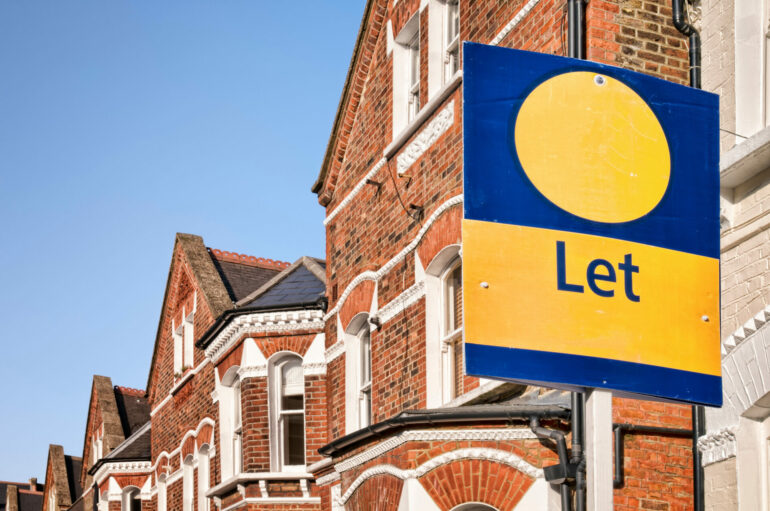Landlords are increasingly using limited company structures to hold their properties, according to analysis from Hamptons of Companies House data.
September 2024 saw 5,312 new limited companies set up for buy-to-let (BTL) purposes in Great Britain, a rise of at least 28% compared to any previous September.
The ability to offset mortgage payments before taxation has driven this trend in recent years.
Concerns about potential increases to Capital Gains Tax or Inheritance Tax have further boosted these numbers.
Between January and September 2024, a total of 46,449 companies were established, a 23% increase compared to the same period in 2023.
This surpasses the total number of companies set up in all of 2021.
Projections suggested that between 60,000 and 62,000 limited companies could be created by the end of 2024, outpacing last year’s total of 50,004.
The widening gap between personal and corporate tax rates has led nearly three-quarters (70%) of new BTL purchases to be made through companies.
Additionally, many landlords are transferring properties they own personally into company structures to protect themselves from a challenging tax environment.
This shift became more pronounced after 2016 when tax changes started to impact higher-rate taxpayers, reducing their ability to fully offset mortgage interest payments.
Currently, 74% of the 382,007 companies holding rental property in Great Britain were incorporated after this change.
Despite this increase, only about 15% of rental homes owned by private landlords are held in corporate structures.
The regional distribution showed that 59% of new companies were in the South of England, where higher interest rates have had a more significant impact.
However, only 42% of properties bought by limited companies this year are in the South, indicating many landlords are looking to the Midlands and North for better yields.
So far this year, 54% of new purchases have been made by companies on their first, second, or third purchase.
Rising rents have helped landlords manage the impact of higher mortgage rates. The average rent for a newly let property in Great Britain reached £1,384 per calendar month in September, with year-on-year growth slowing to 4.5%.
This is down from 5.0% in August and 11.7% in September 2023. Notably, September 2024 was the first month since March 2021 where no region in Great Britain saw double-digit rental increases, indicating that tenant affordability may be nearing its limit.
In London, rental growth has slowed significantly, dropping from a peak of 17.2% in August 2023 to just 2.1% in September 2024. There are few signs of further slowing, as average rents in Inner London reached £3,284 per month, £1,099 more than three years ago.
Aneisha Beveridge, head of research at Hamptons, said: “The rising number of buy-to-let incorporations suggests that the investors seeking shelter are in it for the long-run.
“There can be multiple costs involved with setting up a company, such as accountancy costs, stamp duty when transferring a property and potentially capital gains tax too.
“But with the Government continually tinkering with personal tax rules, operating through a company has offered investors longer-term certainty.
“There can also be financial benefits further down the line when selling a limited company or passing it down to family.
“With inheritance tax hikes set to be a key theme in the upcoming Budget, this could further add to the number of landlords incorporating.”



